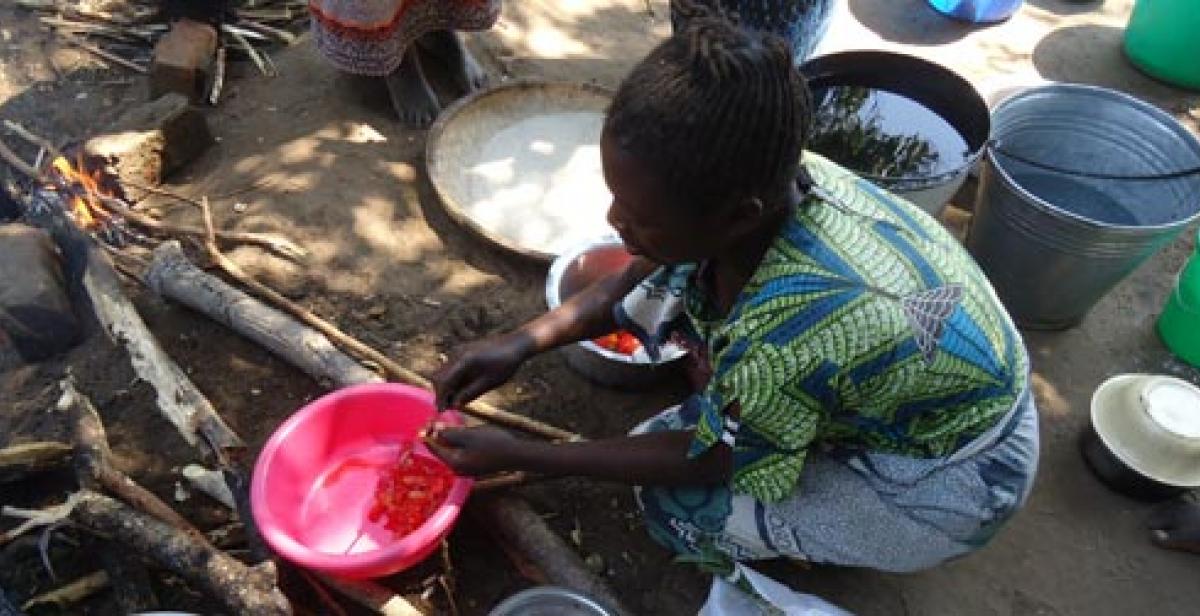After a week of culture training, some of the group decided they wanted to experience some of the things we had learnt first-hand. On Sunday we woke up bright and early and headed down some dusty roads to a local church. On arrival we split up into boys and girls and took our seats in different areas of the church. The church leader was happy to see us attending, and got us to stand up and introduced us to the local people. Those near us all shook our hands.
Half way through our second week of culture and language training, we headed out to another village called Kalolo with Francis and Godwin. This trip gave us a great insight into what typical village men and women spend their days doing. On arrival, we were taken straight to the chief’s house and were introduced to the chief’s wife. After a short introduction, the boys were led away to witness a trial. The trial was held under a tree outside, where local people can gather to listen to the chief’s verdict on anything from theft and petty crime to disputes over land.
Meanwhile, the women were left to prepare and cook a meal all morning. Cooking a meal in an African village couldn’t have been any further away from the way we’d prepare a meal back home. First of all, the cooking and food preparation was all carried out in the back yard amongst the dogs, ducks and any other animal that decided to pass through. One thing that became apparent very quickly was the lack of kitchen utensils. There were no chopping boards, so any food had to be chopped in a bucket, which quickly became overrun with flies. Cutting meat could be a two woman job, with one holding the raw meat as the other chopped parts off. Chopping food was also very difficult, as there were no sharp knives; however this was quickly resolved by Godwin who came to the rescue by sharpening them on the back step!
As we cooked with the women, it really dawned on me what a heavy day to day workload they have in comparison to women in England where chores are typically divided between husband and wife.
In Malawi, a woman is usually in charge of cooking, washing, household chores and looking after children. A man on the other hand could never cook or carry his child, as this would in fact be seen as highly disrespectful to his wife and her capabilities. I feel like I’m learning something new every day in Africa and I’m sure the whole group will agree. I’m really looking forward to starting work now, as it will be really interesting to exchange perspectives.
Rachel Baldwin writes for ICS volunteers Team Salima in week 2. Photo: A woman preparing food.



